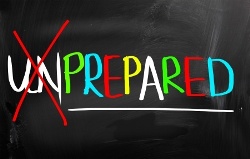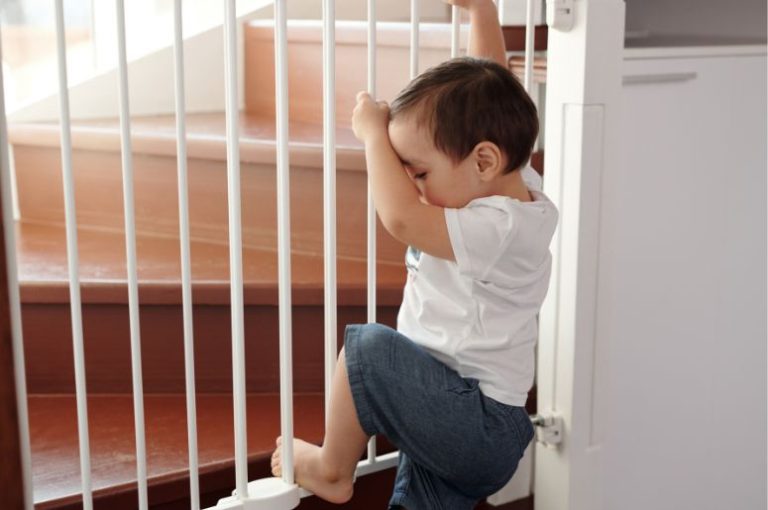New Zealand is a wonderful place to live for many reasons. We are privileged to enjoy nature in a safe, protected way that few other countries in the world enjoy. However, New Zealand is also prone to a number of natural disasters and we are not immune from other potential emergencies. Preparing for an emergency ahead of time may be the difference between life and death. There are several things you can do to prepare your family to cope in any crisis situation.
Possible threats
There are a number of threats that you can help your family prepare for, so that in the event of an emergency, they feel they have an immediate plan to work to. The list of threats from getthru.org.nz include:
- Earthquake
- Storm
- Flood
- Tsunami
- Volcano
- Landslide
- Pandemic
- Fire
- Bomb Threat/Terrorism.
On this link, you can find videos and best-practice principles for these disasters and threats. Put together a plan and run drills in your home so that everyone understands what to do in a disaster or other emergency – for themselves and for any pets you have.
Make a meeting place that everyone can attempt to get to if you’re separated. You could even put together a ’emergency preparedness’ wall chart or booklet to keep all your resources together, and to refer to as needed. There’s an emergency plan template here.
Preparing for an emergency with an emergency kit
In the wake of Christchurch’s devastating earthquakes, many families took being prepared for an emergency more seriously. Perhaps your family gathered together an emergency survival kit. Or perhaps that kit has always been on the ‘to do’ list – it’s an easy thing to put off. Still, it is important to think ahead and set your family up for coping well. It’s beneficial to check your kit periodically to see if anything needs to be replaced. In an emergency kit, you should keep the following:
- Radio that runs off batteries, not electricity, stored with batteries. Check periodically to ensure this is working.
- Torch that runs off batteries – also check periodically. Another option is a ‘shake’ torch, that does not use batteries or electricity.
- First Aid Kit with stock of any medicines that are essential to a family member. Most first aid kits come with pain relief medication, but consider adding kid-friendly pain relief options like infant, or children’s, Pamol.
- An emergency blanket, hi-visibility vest, plastic rain ponchos, a whistle and a pocket knife are all useful things to include.
- Several rolls of toilet paper.
- Rubbish bags that can be used with a vessel such as a bucket for an emergency toilet.
- Nappies in the correct size(s) for your child(ren) that are not toilet trained.
- Spare clothing and shoes.
- Masks for use in the event of a lot of dust.
- Spare blankets/sleeping bags/pillows.
- Pet food if you have a pet.
- Food to last for 3 days for the entire family – canned food (don’t forget a can opener), food stored in the new squeeze pouches, or other non-perishable food items. Also include any items your family would specifically need for survival (i.e. milk formula for infants, special dietary needs etc.) – change over all the food items annually or more often.
- Drinking water to last for 3 days for the entire family – the recommended amount is 3 litres per person per day. And this water should be changed regularly at least every 3 months. It’s also a good idea to include water purification tablets in your kit, in case you need to travel and can’t take that much water with you.
- Water for washing or cooking
- A method of cooking such as a small camping cooker or barbeque with gas bottle, and a pot or frypan.
A seperate getaway kit, preferably held in a safe but slightly different location to your survival kit, is also recommended. The getaway kit should be portable and contain as many replicated items from the survival kit as possible.
You can find more details and download an emergency checklist from getthru.govt.nz.
Other ways to prepare for an emergency
- Make sure that your family has an emergency plan, so that everyone knows what to do in the event of a fire, earthquake, or other disaster. Also make sure your plan includes a daytime version when the family will be out at work, school, etc.
- Ensure all members of your family stay as fit and healthy as possible
- Have at least one member of the family maintain a current first aid certificate
- Get to know your neighbours, and find out what needs their families might have in an emergency, that way you’ll be able to help each other. Also, make sure you have the phone numbers for neighbours of elderly family members that don’t live with you; you may need to get them to go round and check for you.
- Place a fire extinguisher in an easily accessible location, learn how to keep your house fire-safe, talk about fire safety and go over procedures for how to put out a small fire safely
- Teach children from a young age how and when to dial 111.
Though the chances of something happening are relatively low, disasters can strike without warning and thinking through various scenarios could put your family in a much better situation than otherwise. A little time spent now may help a lot later!







this really good and the recent quake is a reminder to do it!
All families should have preparation for emergencies.